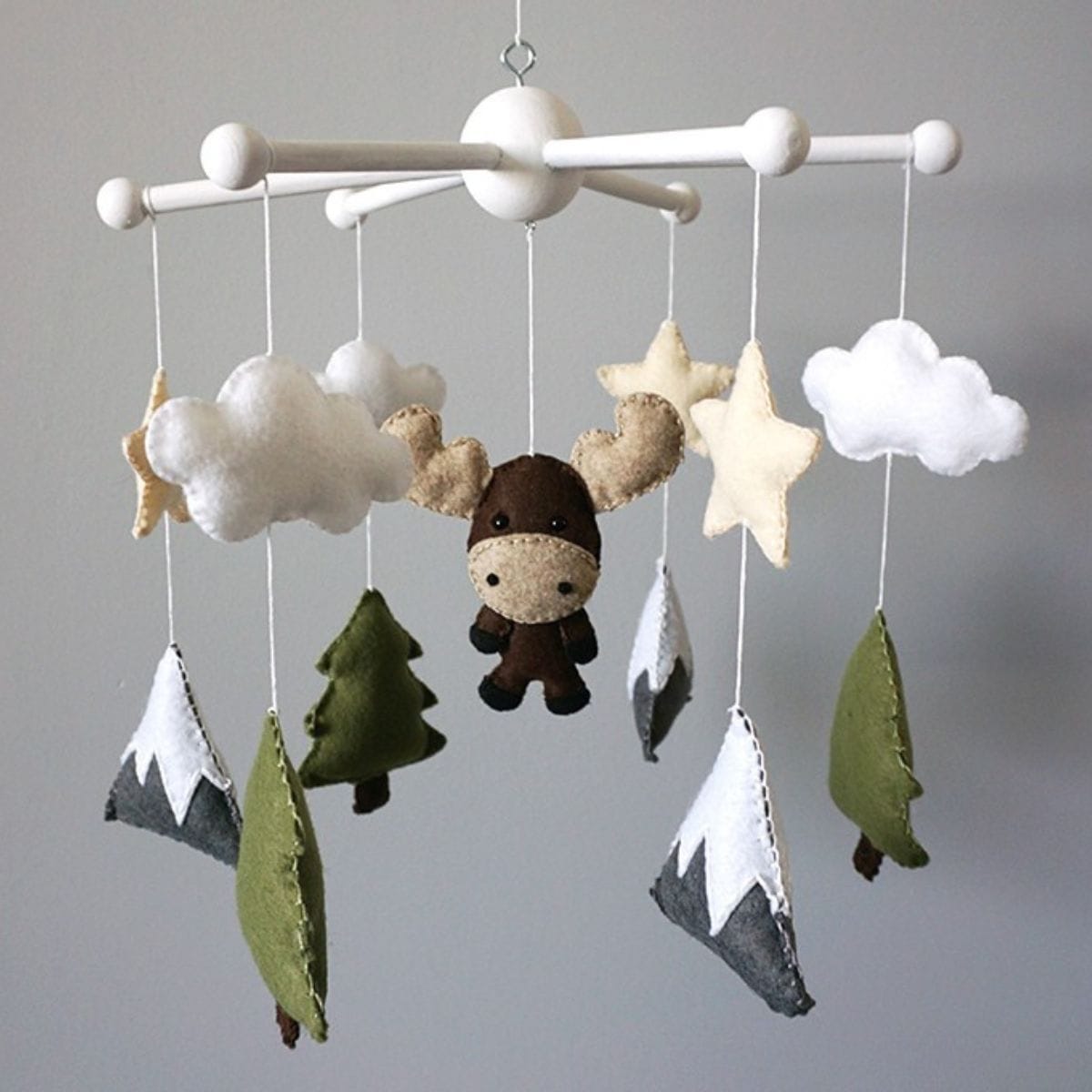[ad_1]
When I was 16 years old, my mother died of alcoholism. I didn’t know what to do, I was lost and afraid and life felt impossible. So, what did I do? I drank a lot to feel nothing, to numb out. And I also started journaling, every day. I wasn’t sure why, it just felt like something that made sense for me to do, maybe I read about it in Teen Magazine – I can’t remember.
But what I do remember, and believe to this day, is that journaling saved my ass! When I thought that life would be a lot simpler if I just ended it, I wrote that out, and somehow it looked different on paper, and helped me make the decision not to end it. I just wrote about everything on my mind, and the mere fact of writing it out, helped me untangle those tar-coated strands of thoughts.
When I first got clean and sober in 1988, I journaled every day. My mind was such a chaotic mess, that I really needed help getting any kind of clarity. So again, I just wrote out everything that was circling around in an incoherent mess in my head. It helped.
Nowadays, my thoughts are much clearer and more coherent, but I still journal almost every day. And now, at 67 years old, it’s great to note that the science supports my habit!
Seven Benefits of Journaling as We Age
Cognitive Engagement
Studies have shown journaling boosts cognitive function and engages multiple areas of our brain. When we write regularly, it encourages critical thinking and creativity.
Emotional Regulation
Journaling provides an outlet for expressing our feelings, which as we age, can be especially beneficial as we navigate the multiple changes facing us; things like retirement, loss of relationships, or health issues.
Memory Enhancement
As we age, we have all experienced some loss of memory retention. So, it makes sense that journaling daily can help us remember events. And reflecting on past events and writing about them can help reinforce memories and thus improve recall. Studies show that writing reinforces neural connections and improves mental clarity.
Stress Relief
Challenges pop up a lot as we age, from physical limitations to loss of important people in our life, and these challenges often feel overwhelming. Writing about the feelings that arise at these times can serve as a form of emotional release, reducing stress and anxiety by providing a safe space to explore these emotions and stressors.
Self-Reflection
As we age, studies have shown the importance of introspection which fosters a sense of purpose and fulfillment. The role of purpose in life is essential to healthy aging, and journaling gives us the opportunity for this self-reflection.
Improved Mental Health
So many studies have shown that expressive writing has therapeutic effects. As we get older, many of us experience depression and anxiety, and expressive writing has been shown to help our mental health.
Legacy Creation
What better legacy to leave your children and your grandchildren than sharing your life story, with all the wisdom you have gained through your experience. A huge, rather obvious benefit of journal writing is a way to document your life. A way to share your life’s lessons, hard-earned wisdom, and love through your own voice and personal stories.
So, invest in yourself, buy a journal that you love, buy some colored pens, and give yourself time to write a bit every day. And if you are looking for journaling ideas, prompts or help to begin the process, my books can help! The second half of both books offer journaling prompts and ideas to help you journal and explore.
This Way Up: Seven Tools for Unleashing Your Creative Self and Transforming Your Life
Recovery Road Trip: Finding Purpose and Connection on the Journey Home
If you are interested in more articles about journaling, you can find more on my Website or my Substack Page. I love hearing from people, so please let me know your thoughts about journaling as we age, or any other subject that comes up as you read.
Let’s Have a Conversation:
Have you ever journaled and experienced any of the benefits mentioned in the article? Do you have any blocks that stop you from journaling? Do you struggle to find inspiration about what to write? And if not, where do you find your inspiration?
[ad_2]
Source link





